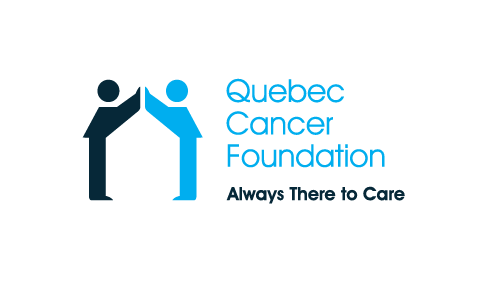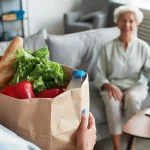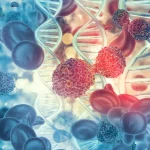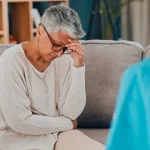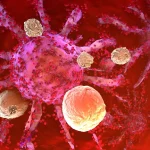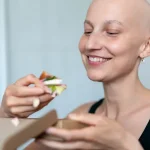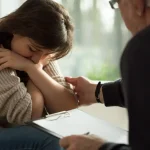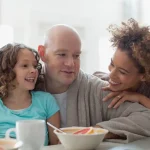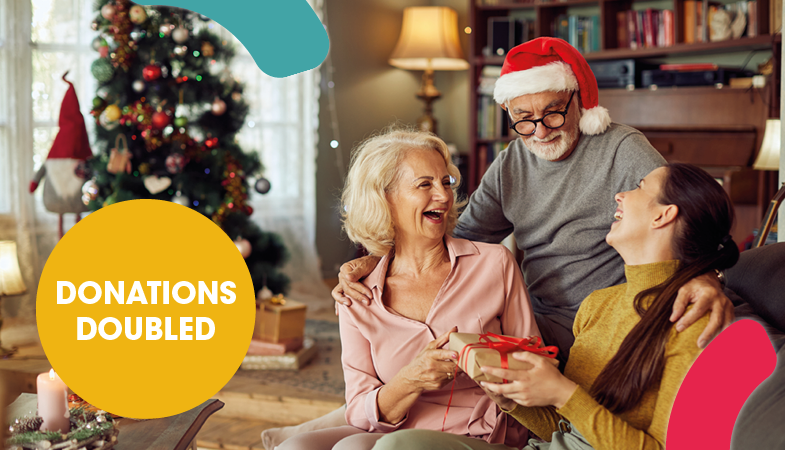Loss of appetite
In most cases, people with cancer who are receiving chemotherapy experience disruptions in appetite.
These problems are often the result of the cancer and its treatment and may also arise from emotional and social factors associated with the disease.
Helpful hints
- Take advantage of your most active and convenient moments by:
- Eating foods with high nutritional value;
- Consuming energy or protein drinks such as Ensure or Boost;
- Eating outside of mealtimes (be guided by your appetite);
- Preparing frozen meals that you can appreciate at difficult moments.
- Eat small snacks during the day and choose foods that are rich in protein and calories:
- Malted milk, ice cream, peanut butter;
- Grated cheese on vegetables and in soups, stews and casseroles;
- Desserts made with eggs, such as puddings and custards;
- Addition of powdered milk to cereals, scrambled eggs, sauces, creams and desserts.
- Make meals a time of pleasure and relaxation:
- Pay special attention to atmosphere and lay the table with care;
- Eat five or six small meals a day;
- Stimulate your appetite though smell and sight;
- Focus on meals served at room temperature; these are easier to tolerate than hot meals;
- Eliminate “light” low-sugar or low-fat products, unless there is a medical need;
- Go for foods that stimulate your appetite: sorbets, apples, crackers, alcoholic beverages, chewing gum, broth;
- Maintain good oral hygiene;
- Be guided by your appetite in planning meals;
- Opt for light cooking; fried food is harder to digest;
- Avoid drinking during meals;
- Eat slowly and chew thoroughly;
- Consume liquids, such as beverages and soups, at the end of the meal;
- Keep your favorite foods within easy reach;
- Vary menus by using frozen meals in individual portions;
- Accept help from friends and family in preparing meals.
- Stay as active as possible. Do some moderate physical activity, such as walking for 15 to 20 minutes (once or twice a day) or for 30 to 60 minutes (3 to 5 times a week).
The Quebec Cancer Foundation has a large number of books on diet and cancer treatment, many of which feature recipes. Check out the Vivre avec le cancer section (In French only).
